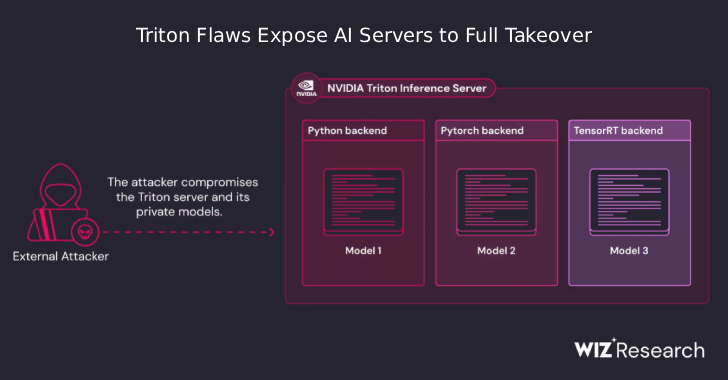
Frequently Asked Questions About Cloud Security Testing
As organizations continue to shift their operations to the cloud, the importance of cloud security testing has never been greater. With the ever-evolving landscape of cyber threats, it’s crucial for businesses to ensure their cloud-based assets are safeguarded. If you’ve ever had questions about cloud security testing, you’re not alone. Let’s dive into some of the most frequently asked questions about the topic.
- What is Cloud Security Testing?
Cloud security testing is a specialized form of testing that focuses on identifying vulnerabilities, threats, and risks in cloud-based applications, infrastructure, and platforms. Its primary objective is to ensure the confidentiality, integrity, and availability of data stored in the cloud.
- Why is Cloud Security Testing Important?
The cloud offers vast scalability and flexibility advantages. However, with the benefits come risks, especially when third-party vendors are involved. Cloud security testing ensures that:
Data breaches are prevented, protecting sensitive customer and business data.
Compliance requirements, such as GDPR or HIPAA, are met.
The organization’s reputation remains intact.
Financial losses due to potential breaches are minimized.
- How is Cloud Security Testing Different from Traditional Security Testing?
Traditional security testing often focuses on a specific application or a network. Cloud security testing, on the other hand, extends to:
Multi-tenancy environments, where multiple organizations share the same cloud resources.
Distributed environments that span across various geographies and data centers.
Cloud-specific technologies, such as serverless functions, containers, and cloud-native applications.
- What are the Common Threats Addressed by Cloud Security Testing?
Some threats specific to the cloud include:
Data breaches due to misconfigured cloud storage.
Insufficient identity, credential, and access management.
Account hijacking.
Shared technology vulnerabilities.
Advanced persistent threats targeting cloud infrastructures.
- What Tools are Used for Cloud Security Testing?
Several tools have been developed to address cloud-specific vulnerabilities. Some popular ones include:
AWS Inspector: Designed for AWS environments, it identifies vulnerabilities and offers recommendations.
CloudSploit: Checks for potential risks in AWS, Azure, and Google Cloud environments.
Aqua Trivy: A comprehensive vulnerability scanner for containers and other cloud-native technologies.
- How Often Should Cloud Security Testing be Conducted?
Regular testing is vital. However, the frequency can depend on several factors:
The nature of the business: Financial or health sectors might require more frequent testing due to the sensitivity of their data.
Regulatory requirements: Some industries have mandated testing intervals.
After significant changes: If a cloud infrastructure or application undergoes major updates, it’s good practice to retest.
At a minimum, annual testing is advisable for most organizations, but quarterly or even monthly tests might be necessary for high-risk environments.
- Can Automated Testing Replace Manual Testing?
While automated tools can detect a vast array of vulnerabilities, manual testing remains essential. Automated tests might miss contextual risks or business logic flaws. Skilled testers can replicate real-world hacking techniques, offering insights that automated tools can’t.
- How Can Organizations Prepare for Cloud Security Testing?
Before diving into testing, organizations can:
Document: Maintain an updated inventory of all cloud assets.
Stay Updated: Ensure all applications, systems, and plugins are updated to their latest versions.
Educate: Train staff on security best practices and the importance of testing.
Backup: Ensure data backups are frequent and can be restored easily.
- Does Cloud Security Testing Impact Performance?
During the testing phase, there might be minor disruptions, especially during penetration tests. However, the long-term benefits greatly outweigh the temporary inconveniences. It’s always recommended to conduct tests during off-peak hours or in a staging environment that mirrors the live setup.
- Is Cloud Security Testing a One-time Task?
Absolutely not! Security is an ongoing process. As cyber threats evolve, so must our defenses. Regularly updating, patching, and testing will ensure that an organization’s cloud environment remains as secure as possible.
Conclusion
The migration to the cloud has brought forth incredible advantages for businesses worldwide. However, with the vast opportunities come equally vast threats. Cloud security testing plays a crucial role in ensuring that businesses can leverage the power of the cloud without compromising their security. As with all things cybersecurity, staying proactive, informed, and prepared is the best way to safeguard your assets in the digital realm.
Contact Cyber Defense Advisors to learn more about our Cloud Security Testing solutions.





